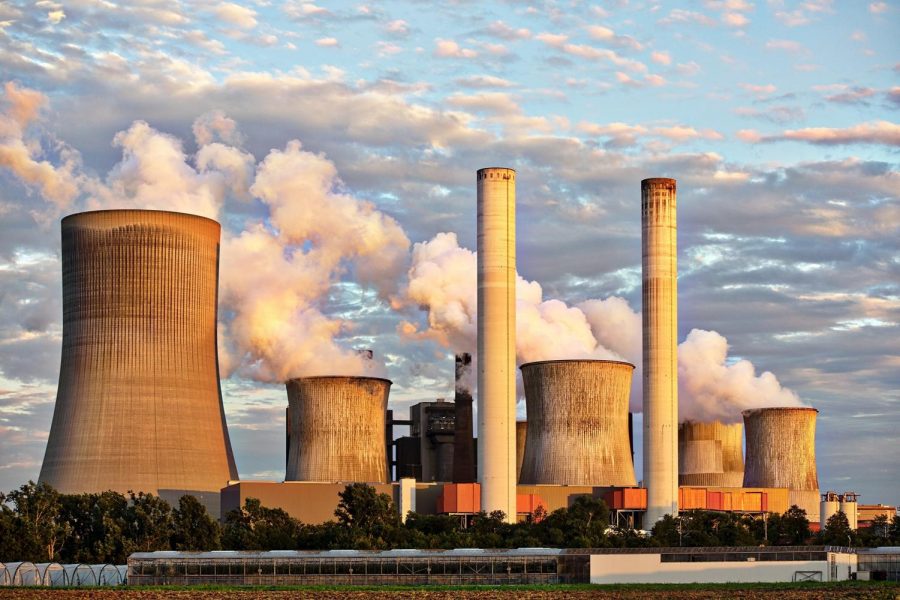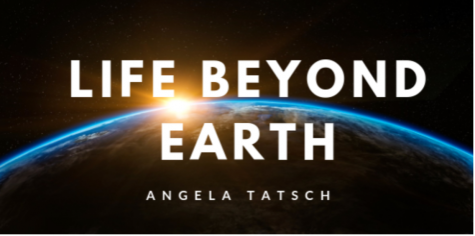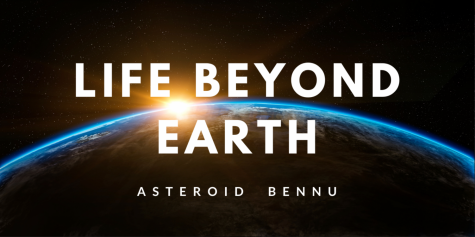The Case For The Green New Deal
If you’ve been following the news lately, you’ve probably heard about a proposal called the “Green New Deal,” pushed by progressive members of congress, climate activists, and youth advocacy groups across the country. Political commentators agree that this proposal will not pass the GOP majority in the Senate at this time, and even if it did, would be vetoed by the current administration. Here’s why it should be pushed for now anyways.
The Green New Deal calls for the strictest restrictions on carbon dioxide emissions ever implemented in America. It calls for the transition to primarily clean energy within 10 years. It calls for the expansion and improvement of critical infrastructure, such as high-speed electric railways. As we deal with the effects of human-caused climate change, these are an absolute necessity to prevent the problem from spiraling further beyond our control.
The time has come and gone for the snail’s pace at which climate change has been addressed or just outright ignored. According to the UN, limiting global warming to 1.5 degrees celsius, a manageable increase, is possible, but requires “unprecedented and urgent action.” The Green New Deal is unprecedented in the way that it proposes the American economy mobilize to meet the threat of global warming, shifting the entire economy onto new, cleaner sources of energy so that future generations will not inherit a broken planet.
Whether or not this will ever become law is yet to be seen, but there is a clear trend towards supporting the proposal from many 2020 candidates, including Cory Booker, Kamala Harris and Bernie Sanders. This suggests that if power changes hands in 2020, this would become a legitimate policy goal for the new administration.
Critics of the plan say that it costs too much and will kill current energy jobs, but the Green New Deal calls for new, clean energy jobs to replace those lost, resulting in no increase in unemployment. While expensive, the plan’s proponents argue that a higher income tax rate on the extremely wealthy should be implemented to pay for this, paying for the program without adding to the massive national debt or excessively burdening middle and working-class Americans.
The implementation of this plan will require a tremendous amount of organization and political power to get even part of its goals through Washington’s notoriously slow process. That’s why it’s critical that activists pushing for the plan bring it to the attention of Congress and the American people now, even if it isn’t passed, so that in the event of a new administration, the groundwork is laid on day one to reverse decades of inaction on climate change. It won’t pass today, but work has to be done now so that it can pass tomorrow.











